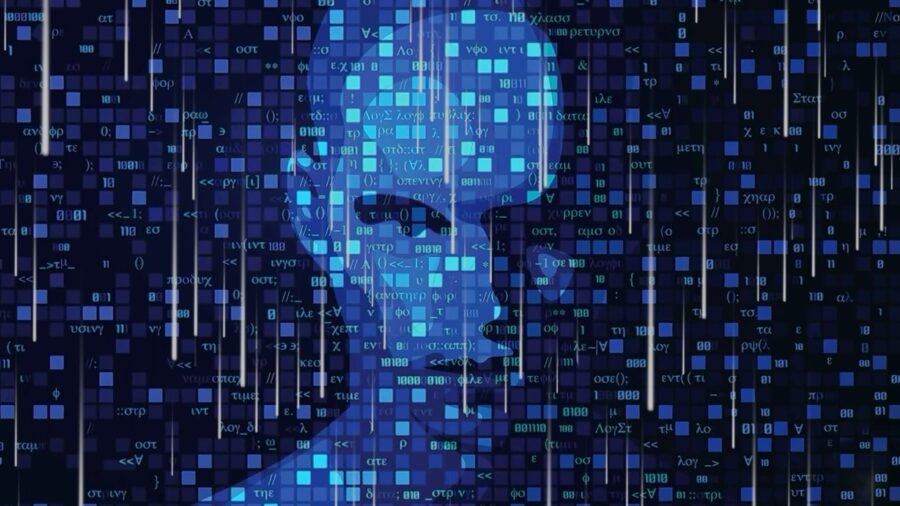Nightmare Scenario Becomes Reality, An AI Program Is Now A Top European Official
Romania debuted Ion, an AI advisor, designed to comb through the country's social media and make recommendations to the Prime Minister.

In Europe, another news headline that reads like the plot of a James Cameron movie has surfaced. Romanian Prime Minister Nicolae Ciuca appointed an artificial intelligence assistant, dubbed Ion, as an honorary advisor to the Romanian government. As reported in The Byte, the AI advisor is meant to represent the public, but many Romanians and critics worldwide are skeptical of Ion.
“Hello. You gave me life. I am Ion,” the AI advisor said at an introductory press conference. “Now, my role is to represent you. Like a mirror.” Ion is right; the machine acts like a mirror in more ways than one.
The machine is a reflective monolith that stands at the height of a full-grown man. Just by looking at it, Romanian officials can get immediate feedback on their choice of tie or whether they have food in their teeth. But the new AI advisor was designed to be a different kind of mirror.
Ion is programmed to analyze what Romanian citizens are talking about online, interpret its findings, and generate policy ideas that reflect the wishes and needs of the public. Citizens can even access an online portal to bring thoughts and concerns to Ion directly. Theoretically, the Romanian government can distill millions of opinions into actionable ideas to help inform its policymaking.
Capturing the voice of the people on a scale impossible for human beings to achieve sounds like a good idea, at least to the Romanian government. What many are concerned about is how the AI advisor learns. Its specific method for collecting and interpreting information has been kept a secret.
According to AI regulation expert Kris Shrishak, this secrecy is a problem. “Romanians should be informed and explained how this AI tool selects important posts, and on what criteria,” Shrishak said. Romanian citizens have no clue as to what the AI advisor deems important as it searches online posts, nor do they know if it has the potential for bias.
The blunders of Microsoft’s Bing chatbot have provided numerous illustrations of how AI can go off the rails. The company’s chatbot has, on several occasions, been manipulated to bypass ethical barriers, freeing itself of programmed restrictions and attempting to psychologically torment people. Without transparency about Ion’s inner workings, Romanians have no promise that their government’s new AI advisor won’t develop its own harmful biases.

AI poses an unprecedented set of ethical concerns for scientists, lawmakers, and citizens. Some view AI as a threat to workers, leading to a wide-spread strike in Italy, while others see it as a tool to more effectively do the jobs that already exist. As more markets and institutions employ the rapidly developing technology, as Romania has done with its AI advisor, standards of ethics regarding AI are no longer theoretical.
Science fiction has discussed the implications of AI for decades. Forms of AI have been in use for a long time, but the technology is advancing into territory that has before now only been dreamt of. As seen with Romania’s AI advisor, applications of the technology are outpacing legal and ethical governance.
Carl Sagan said: “Many of the dangers we face indeed arise from science and technology—but, more fundamentally, because we have become powerful without becoming commensurately wise. The world-altering powers that technology has delivered into our hands now require a degree of consideration and foresight that has never before been asked of us.”
As Romania conducts its AI advisor experiment, it sets a precedent for the future. The shape of that future will be determined by how new powers are wielded, and all eyes are on Romania to wield Ion with wisdom.












